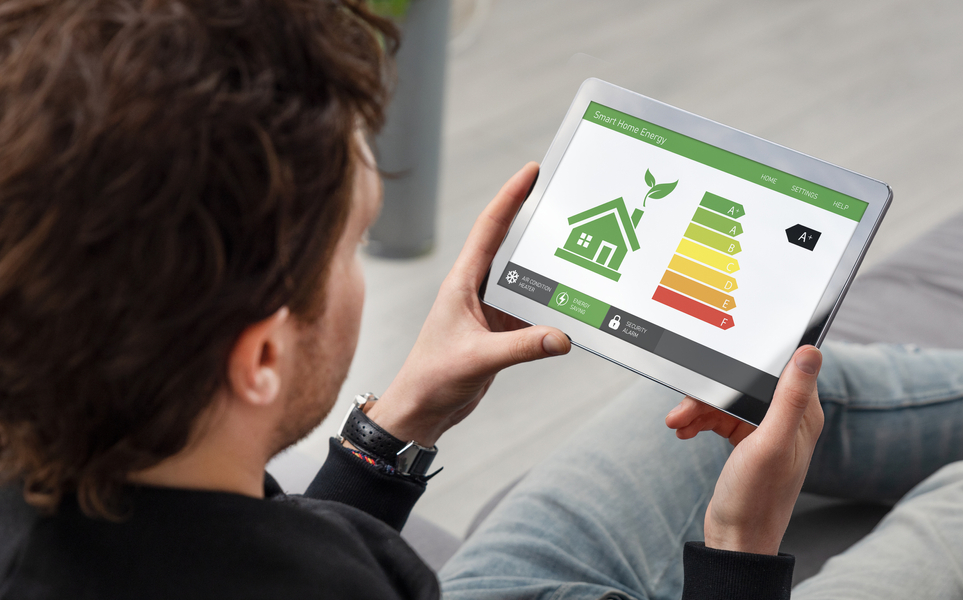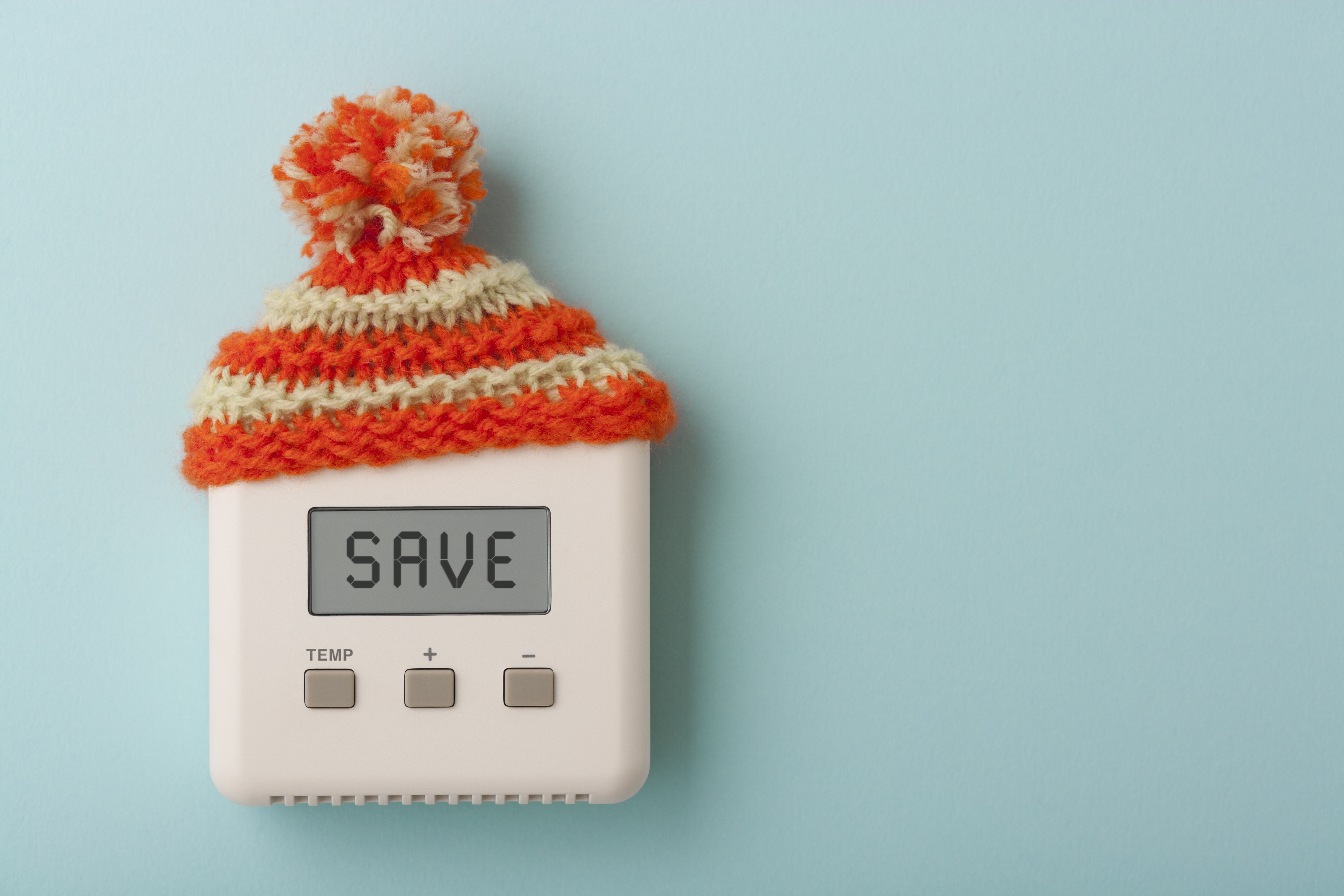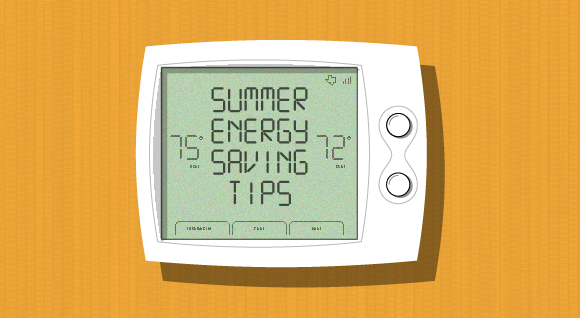-
Contact Us
-
General Inquiries/Service Requests:
- 888.313.6862
-
contactcenter@oncor.com
-
(Mon.-Fri., 8 a.m.-6 p.m. Central Time)
-
For Outages
- 888.313.4747
-
(24/7)
Looking for a way to save energy and reduce your home electric bill? We’ve got a few great tips to become a home energy-loss detective to stop the drain.
If your home isn’t properly sealed, you could be losing as much energy as leaving a window open
Especially in older homes, if windows and doors aren’t properly sealed or updated to new and more energy-efficient materials, you could be wasting a lot of money on your energy bills. Single-pane windows and non-insulated doors let out more energy than you think. Properly caulking window frames and applying new weather stripping under doors can also make a difference.
Unsure about where you’re losing energy? You can buy a special thermal camera that attaches to your smartphone to see where you’re losing the most energy. You can also hire a professional to tour your home and tell you where your biggest energy leaks are.
Install UV window tinting on all windows that get significant sunlight
Rays of sunshine coming through your windows might give your pet some good napping spots, but it’s hitting your wallet harder than you think. If your home has a lot of windows, you could save up to 30 percent on cooling costs by installing UV film. This special film can block up to 80 percent of incoming solar radiation that turns into heat inside your home.
For a more targeted approach, if you notice that specific rooms in your home heat up more quickly than others during the afternoon, installing the film in these rooms will make the most difference. As an added bonus, the film also reduces glare.
You can either install the UV film yourself or hire a professional.
Use smartphone apps to discover devices that are using more energy than needed
Many of the devices we use every day are more costly than you realize. Apps like Energy Cost Calculator can calculate your average annual electricity costs of specific devices you own based on how much you use them. Armed with this knowledge and then making small changes in how you use these devices can make a big difference in your energy bill.
For example, let’s talk about two things most people have in their homes: refrigerators and computers.
It’s not uncommon when someone buys a new refrigerator to put the old one in the garage and use it for drinks and frozen food storage. What many people don’t know is that a 20-year-old fridge can use triple the amount of energy as a new one. You can use the app to determine how much it costs to operate each fridge per year and decide if it’s worth it to keep both. Consolidating all your items to the new fridge can save $150 a year on your energy bill.
Similarly, if your desktop computer is on while you’re sleeping, it could be using as much as 250 watts an hour. That’s equivalent to leaving a hairdryer on for over an hour while you’re sleeping. Simply changing your computer to go into sleep mode after 20 minutes of inactivity will use 1/50th the energy.




.jpg)



